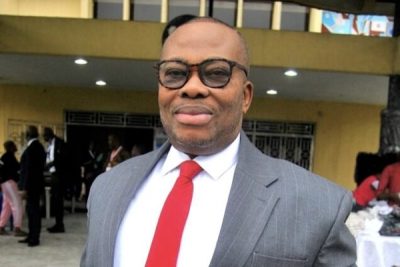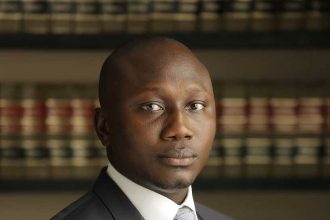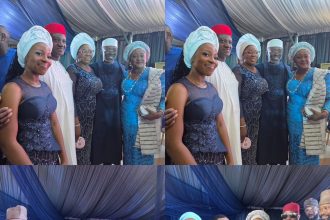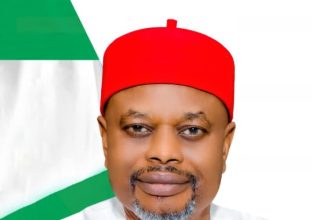THE DANGEROUS TREND OF MISINTERPRETING SUPREME COURT JUDGEMENTS IN NIGERIA: A CALL FOR URGENT SANITY
Renowned constitutional lawyer and human rights advocate, Dr. Monday Onyekachi Ubani, SAN, has sounded a clarion call for the Nigerian legal and political class to halt the rising trend of misrepresenting Supreme Court judgements.
In a detailed commentary, the Senior Advocate of Nigeria expressed deep concern over the deliberate misinterpretation of final judicial pronouncements for selfish and political gain, warning that such behavior poses a grave threat to the rule of law and democratic governance.
Dr. Ubani, who is a former Chairman of the Nigerian Bar Association Section on Public Interest and Development Law (NBA-SPIDEL) and a respected voice in legal circles, described the trend as “disturbing and dangerous.”
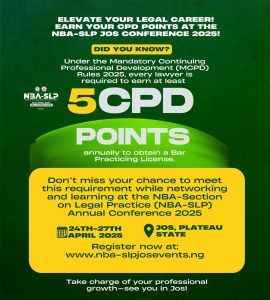
He noted that instead of submitting to the authority and finality of Supreme Court rulings, parties to suits now cherry-pick segments of judgements to fit their personal or political agendas, often spinning misleading narratives that fuel confusion and tension across the country.
Notable Cases of Misinterpretation
He cited several high-profile examples to illustrate the trend:
- Rivers State Political Crisis: The dispute between Governor Siminalayi Fubara and the State House of Assembly has been marred by conflicting interpretations of the Supreme Court’s decision. The key contention revolves around the Assembly’s legitimacy post-defection and the Governor’s alleged compliance with certain agreements.
- PDP Leadership Tussle: The case involving Mr. Samuel Anyanwu and Mr. Okorie Okoye is another example. Although the Supreme Court ruled to end the party’s internal leadership wrangle, both factions claimed victory, thereby worsening the confusion.
- Labour Party Crisis: Despite the Supreme Court’s decision on the party chairman’s legitimacy and tenure, rival factions continue to dispute the verdict, further undermining the judiciary’s role as a conflict resolver.
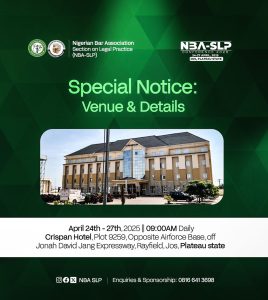
Grave Implications for the Rule of Law
According to Ubani, this conduct undermines the finality of the Supreme Court’s decisions and erodes the authority of the judiciary. He warned:
- It threatens the foundation of the legal system, turning definitive rulings into mere opinions.
- It perpetuates unresolved disputes, defeating the purpose of judicial intervention.
- It erodes public trust in the courts, encouraging disrespect for legal institutions and fostering lawlessness.

Recommended Measures
To address this dangerous trajectory, Dr. Ubani recommended:
- Clear and Unambiguous Judgements: The Supreme Court should provide explicit rulings and, where necessary, attach consequential orders to eliminate ambiguity.
- Ethical Legal Practice: Lawyers must prioritize truth and professionalism, advising clients honestly rather than twisting judgements for political narratives.
- Enforcement of Contempt Proceedings: Courts should not hesitate to punish individuals or parties who willfully misinterpret or defy final judgements, thereby bringing the judiciary into disrepute.
A Final Word of Caution
Dr. Ubani concluded with a stern warning:
“The judiciary remains the last hope of the common man. If the sanctity of its decisions is not preserved and enforced, the very fabric of our democratic governance will be at risk.”
He urged all stakeholders — lawyers, litigants, political actors, and the media — to respect and uphold the Supreme Court’s finality, emphasizing that only through such collective discipline can peace, order, and the relevance of Nigeria’s judicial system be maintained.
APPOINTMENT AND COMPOSITION OF COMMITTEES OF THE NIGERIAN BAR ASSOCIATION



